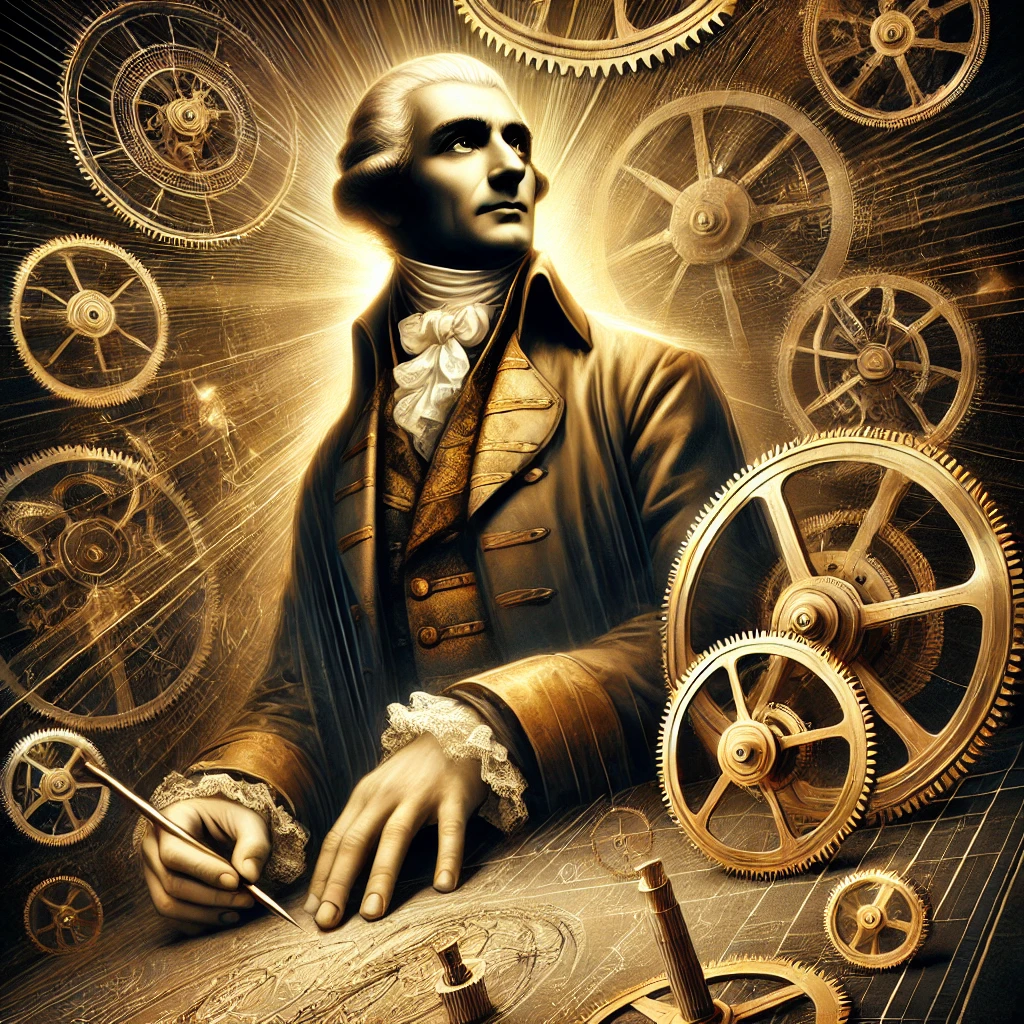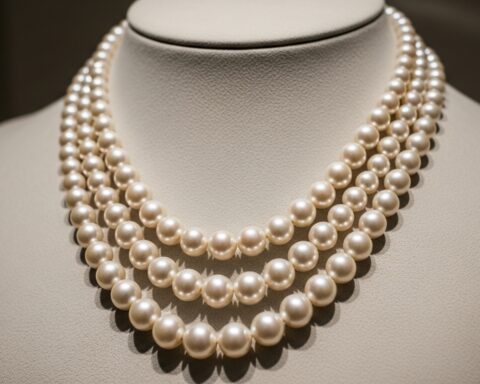The history of horology is adorned with the names of individuals whose contributions shaped the way we measure and perceive time. Among these legends, Ferdinand Berthoud (1727-1807) stands as a towering figure. Renowned for his precision, innovation, and dedication, Berthoud left an indelible mark on the world of timekeeping. This article explores the life, achievements, and legacy of Ferdinand Berthoud, shedding light on why he remains a revered name in horology.
Early Life and Journey into Horology
Ferdinand Berthoud was born on March 18, 1727, in Plancemont-sur-Couvet, a small village in Switzerland. From a young age, he exhibited an exceptional aptitude for mechanics and engineering, traits that would define his illustrious career. At the age of 14, Berthoud moved to Paris to pursue his passion for horology, apprenticing under esteemed watchmakers who recognized his potential.
Berthoud quickly gained a reputation for his meticulous craftsmanship and innovative designs. By the time he reached his twenties, he was producing timepieces that caught the attention of nobility and scholars alike. His early works reflected a keen understanding of both aesthetics and mechanical precision, setting the stage for his later accomplishments.
Revolutionizing Marine Chronometers
One of Berthoud’s most significant contributions to horology was his work on marine chronometers. During the 18th century, accurate timekeeping at sea was critical for determining longitude, a challenge that had perplexed navigators for centuries. The French Navy recognized Berthoud’s potential and commissioned him to develop marine chronometers that could withstand the rigors of sea voyages while maintaining precise timekeeping.
Berthoud’s first marine chronometer, completed in 1761, was a groundbreaking achievement. It featured advanced mechanisms designed to minimize the effects of temperature changes and motion. His innovations earned him widespread acclaim, and he was appointed Horloger Mécanicien du Roi et de la Marine (Clockmaker-Mechanic to the King and Navy) by King Louis XV. This prestigious title solidified his status as one of the foremost watchmakers of his time.
Key Innovations and Patents
Ferdinand Berthoud’s career was marked by numerous technical innovations that advanced the field of horology. Some of his most notable contributions include:
1. Temperature-Compensated Balances
Berthoud developed mechanisms to counteract the effects of temperature fluctuations on timekeeping accuracy. These innovations were particularly important for marine chronometers, as they were exposed to varying climates during sea voyages.
2. Detent Escapement
Berthoud’s work on escapements, particularly the detent escapement, improved the precision of timepieces by reducing friction and energy loss. This innovation became a standard in high-precision watches and marine chronometers.
3. Detailed Technical Treatises
In addition to crafting timepieces, Berthoud documented his findings and designs in extensive technical treatises. His publications, such as “Traité des Horloges Marines” (Treatise on Marine Clocks), provided valuable insights into the mechanics of timekeeping and inspired future generations of watchmakers.
Recognition and Legacy
Ferdinand Berthoud’s achievements earned him international recognition. In 1764, he was elected a member of the Royal Society of London, a testament to the scientific and practical value of his work. His marine chronometers were used by explorers, scientists, and naval officers, contributing to advancements in navigation and cartography.
Berthoud’s influence extended beyond his lifetime. His meticulous approach to horology set new standards for precision and reliability. Today, his name is synonymous with excellence in timekeeping, and his works are preserved in museums and private collections around the world.
Ferdinand Berthoud in Modern Times
The legacy of Ferdinand Berthoud continues to inspire the horological community. In 2015, the Ferdinand Berthoud watch brand was revived by Chopard, honoring his contributions to the art and science of watchmaking. The brand’s contemporary creations reflect Berthoud’s spirit of innovation, combining traditional craftsmanship with cutting-edge technology.
Conclusion
Ferdinand Berthoud (1727-1807) was more than a watchmaker; he was a visionary whose innovations revolutionized the way we measure time. From his pioneering work on marine chronometers to his enduring influence on modern horology, Berthoud’s contributions remain a cornerstone of timekeeping history. As we celebrate his legacy, we are reminded of the profound impact that precision, dedication, and creativity can have on the world.
Whether you are a horology enthusiast or simply intrigued by the stories of remarkable individuals, Ferdinand Berthoud’s journey offers inspiration and insight into the timeless art of watchmaking.




